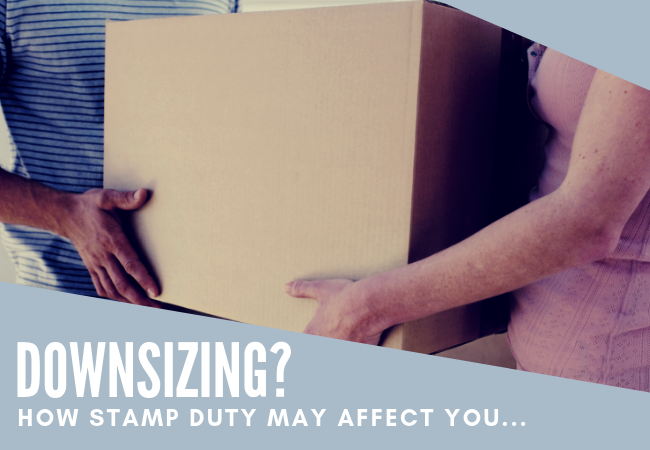Think tank, the Adam Smith Institute, believes that Stamp Duty Land Tax, to give stamp duty its full name, should be scrapped. Amongst many reasons why they think it should be abolished is the belief that its existence prevents older people from downsizing.
The prospect of paying stamp duty on a smaller home acts as a disincentive. For example, when buying a retirement property priced at £250,000, stamp duty adds another £2,500 to the cost of moving home, along with solicitor’s fees, surveys, valuations and removal costs. (Figures differ under Land and Buildings Transaction Tax in Scotland and Land Transaction Tax in Wales.)
Those looking to raise cash to bolster retirement income are increasingly turning to equity release. It represents a way of accessing some of the value tied up in a property that avoids all the costs and upheaval of downsizing to a smaller property. With equity release, although there are set-up fees, most of the costs are delayed until you die or go into permanent residential care.
It’s important to remember that equity release means in most cases that the loan you take out against the equity tied up in your property will increase over time as interest is rolled up. When you die, the property will be sold, and the loan repaid.
Although interest rates on equity release plans are higher than on a conventional mortgage, with average interest rates having fallen over the last few years, equity release has become more attractive to many. It is however important to discuss equity release with your family as it will have an impact on the amount they are likely to inherit.
Clifford Osborne are Independent Financial Advisors (IFA) based in Eastbourne, East Sussex, offering early retirement advice, pension advice, mortgage advice and more. Our clients often come from Uckfield, Lewes, Brighton, Tunbridge Wells, Hastings, Bexhill, Newhaven, Seaford, Crowborough and further afield.
Please read our VoucherFor reviews.
The value of investments can go down as well as up and you may not get back the full amount you invested. The past is not a guide to future performance and past performance may not necessarily be repeated.
It is important to take professional advice before making any decision relating to your personal finances. Information within this blog is based on our current understanding of taxation and can be subject to change in future.
It does not provide individual tailored investment advice and is for guidance only. Some rules may vary in different parts of the UK; please ask for details. We cannot assume legal liability for any errors or omissions it might contain. Levels and bases of, and reliefs from, taxation are those currently applying or proposed and are subject to change; their value depends on the individual circumstances of the investor.
The value of investments can go down as well as up and you may not get back the full amount you invested. The past is not a guide to future performance and past performance may not necessarily be repeated.
If you withdraw from an investment in the early years, you may not get back the full amount you invested. Changes in the rates of exchange may have an adverse effect on the value or price of an investment in sterling terms if it is denominated in a foreign currency. Taxation depends on individual circumstances as well as tax law and HMRC practice which can change.
The information contained within the blog is for information purposes only and does not constitute financial advice.
The purpose of the blog is to provide technical and general guidance and should not be interpreted as a personal recommendation or advice.






